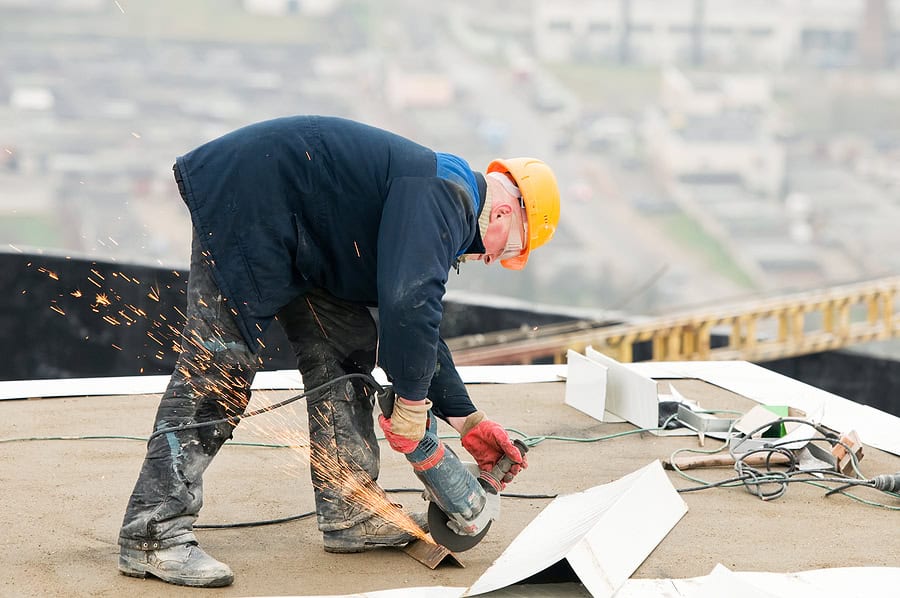
Noise-induced hearing loss (NIHL) is one of the most common types of hearing loss, and it can happen to anyone exposed to loud noises. Whether it’s loud music at a concert, machinery at work, or the roar of a sports crowd, prolonged or sudden exposure to high decibel levels can damage your hearing. Understanding these concepts is crucial, as noise-induced hearing loss can be permanent, affecting your quality of life and ability to communicate.
How Does Noise-Induced Hearing Loss Occur?
Noise-induced hearing loss occurs when the tiny hair cells inside the cochlea, a part of your inner ear, are damaged by loud sounds. These hair cells are responsible for translating sound vibrations into electrical signals that your brain interprets as sound. When these hair cells are damaged or destroyed, they do not regenerate, leading to permanent hearing loss.
Loud noises can cause this damage in two ways:
- Sudden Exposure to Extremely Loud Noise: This could be an explosion, a gunshot, or any sudden noise that exceeds a safe decibel level. The intense pressure from these sounds can cause immediate damage to the hair cells.
- Prolonged Exposure to Loud Noise: Over time, being exposed to loud environments—like construction sites, loud concerts, or even listening to music at a high volume—can lead to gradual hearing loss. This type of exposure damages hair cells incrementally, leading to hearing loss that may not be immediately noticeable but can accumulate over time.
Recognizing the Signs of Noise-Induced Hearing Loss
Knowing the signs of noise-induced hearing loss can help you seek treatment sooner. The most common signs include:
- Difficulty Hearing Conversations: If you find yourself frequently asking people to repeat themselves or raising the volume on the TV, it could be a sign of hearing loss.
- Tinnitus: This is a ringing, buzzing, or humming noise in your ears that isn’t caused by external sounds. It’s a common symptom of damage to the inner ear.
- Sensitivity to Loud Sounds: When you have hearing loss, certain loud sounds can be painful or uncomfortable, indicating damage to the hair cells.
- Muffled Sounds: If everything sounds muted or indistinct, it could be a sign of hearing loss.
If you experience any of these symptoms, consider scheduling a hearing health exam to determine the extent of your hearing loss.
How to Prevent Noise-Induced Hearing Loss
Preventing noise-induced hearing loss requires taking steps to protect your ears from loud sounds. Here are some practical tips:
1. Use Ear Protection
Wearing earplugs or earmuffs can significantly reduce your risk of noise-induced hearing loss. If you work in a loud environment or attend concerts or sporting events, ear protection is a must.
2. Limit Exposure to Loud Noise
Try to minimize your time in noisy environments. If you’re at a concert or a club, take regular breaks in quieter areas to give your ears a rest.
3. Turn Down the Volume
When listening to music or watching TV, keep the volume at a moderate level. If you use headphones, follow the 60/60 rule: listen at no more than 60% volume for no longer than 60 minutes at a time.
4. Maintain a Safe Distance from Loud Sounds
The closer you are to a loud noise source, the more likely you are to experience hearing loss. Try to maintain a safe distance from speakers, fireworks, or other loud sources.
5. Educate Yourself and Others
Raising awareness about noise-induced hearing loss is essential. Educate yourself and others about the risks of loud noise and the importance of protecting hearing health.
What to Do if You Suspect Hearing Loss
If you suspect you have noise-induced hearing loss, don’t ignore the signs. Schedule a hearing health exam with a provider to assess the extent of your hearing loss and determine the best course of action. The earlier you address hearing loss, the better your chances of preventing further damage and improving your quality of life.
A provider can recommend treatments, such as hearing aids, that can help you manage hearing loss and improve your ability to communicate. They can also provide guidance on protecting your ears from further damage and reducing the impact of hearing loss on your daily life.
Noise-induced hearing loss is a significant concern, but with the right precautions, you can reduce your risk and maintain your hearing health. By recognizing the signs, using ear protection, and limiting exposure to loud sounds, you can protect your ears from permanent damage. If you suspect hearing loss, don’t hesitate to seek professional help. A hearing health exam can provide valuable insights into your hearing condition and guide you toward appropriate treatment options.
